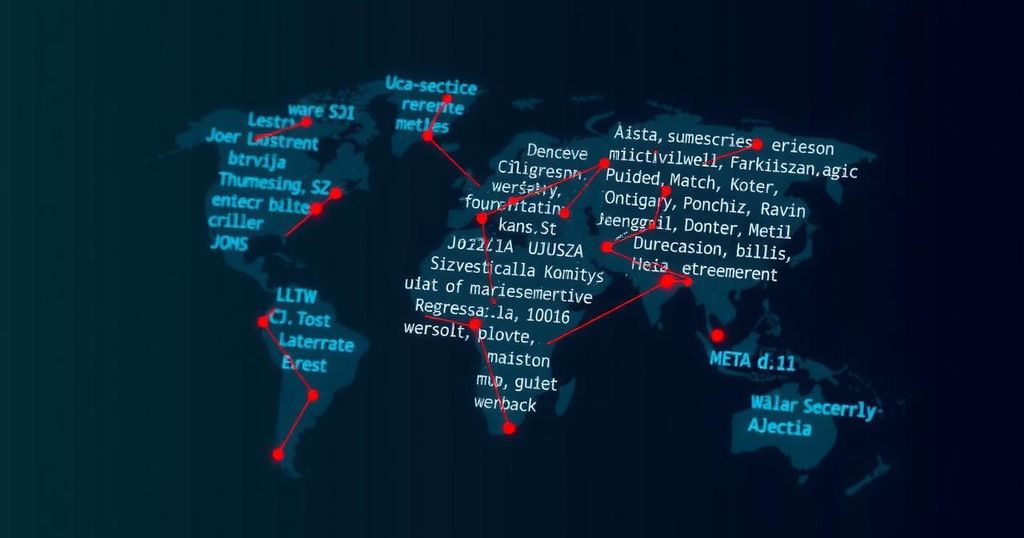Meta Reports AI Content Constituted Less Than 1% of Election Misinformation

Meta reports that AI-generated content accounted for less than 1% of election misinformation during the 2024 elections, as confirmed by Nick Clegg. Despite concerns, the impact of AI on misinformation was modest, with Meta implementing robust strategies to address identified risks and pledging its commitment to electoral integrity globally.
In light of rising concerns regarding the influence of AI-generated content on election integrity, Meta has reported that less than one percent of the misinformation related to the 2024 elections on its platforms—namely Facebook, Instagram, and Threads—originated from artificial intelligence sources. Nick Clegg, Meta’s President of Global Affairs, outlined these findings in a recent publication that reflects on user engagement and misinformation dissemination during significant global elections in 2024, particularly highlighting the measures taken to address these challenges.
Clegg asserts that since the 2016 elections, Meta has continually adapted its strategies by applying lessons learned to enhance election integrity. The company has established a specialized team, drawing expertise from multiple disciplines within the organization to monitor and respond proactively to misinformation and related content. This commitment was notably emphasized during key electoral events across various nations, including the United States, India, and several countries within the European Union.
Despite apprehensions regarding AI’s capacity to proliferate misleading content, Clegg noted that harmful AI-generated materials did not manifest to the anticipated extent. He affirmed that the risk related to generative AI content was modest and limited overall, with AI-related misinformation representing a minimal fraction of the total. Clegg elucidated that Meta applied robust policies that effectively minimized the threat posed by AI-generated content during the election cycle, while reinforcing the notion that ensuring a balance between free speech and user safety remains an ongoing challenge for the platform.
Moreover, during the voting periods, Meta’s outreach initiatives yielded over one billion impressions aimed at promoting voter registration and participation. The company also emphasized its commitment to combatting foreign interference, dismantling around 20 covert influence operations globally. Clegg’s statements culminate in a recognition that while challenges related to misinformation persist, collaborative efforts and continuous learning are essential to maintaining the integrity of electoral processes across the globe.
The discourse surrounding the impact of artificial intelligence on election misinformation has gained traction, particularly in the context of the impending 2024 Presidential Election in the United States. As various nations prepare for significant electoral events, concerns have mounted regarding the potential for AI-generated content to spread misleading information. Meta, as one of the largest social media platforms, has sought to reassure users and stakeholders about its efforts to manage misinformation effectively while upholding free expression principles amidst growing scrutiny over election integrity.
In conclusion, Meta’s assessment reveals that artificial intelligence-generated content constituted a negligible portion of election misinformation across its platforms during the 2024 elections. The company’s comprehensive measures to monitor misinformation, alongside its commitment to learn from past electoral challenges, underscore an ongoing dedication to safeguarding electoral integrity while balancing the complexities of free speech. Meta continues to address foreign interference alongside domestic challenges, affirming its pledge to improve user safety and engagement in electoral matters.
Original Source: petapixel.com







